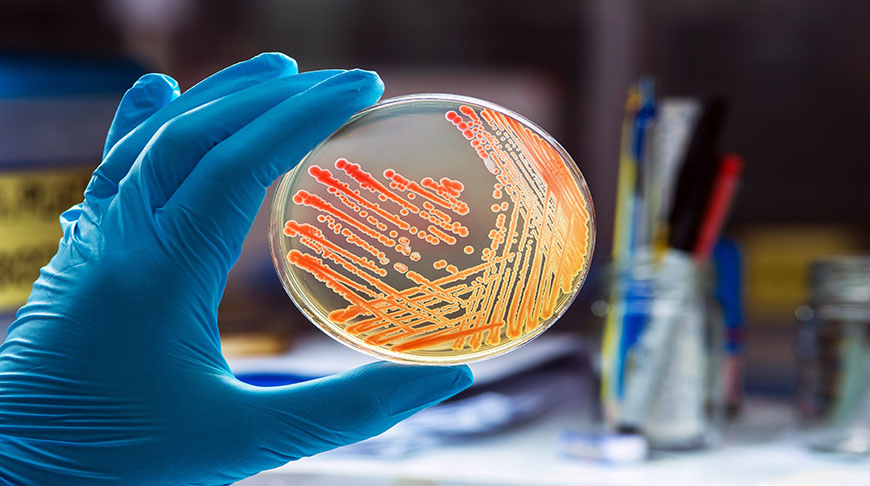The fungal revolution and IP — the next frontier
- April 11, 2023
- Snippets
Healthier and more eco-friendly alternatives to animal-based products are becoming an increasingly popular choice with consumers. Demand is high for animal-free products that can provide a more sustainable protein substitute and taste like, feel like, and, in some cases, even smell like animal protein. Plant-based proteins are breaking into the mainstream, with brands like Impossible™ being offered at big chain restaurants such as Burger King®. Although these products use less land, water, and energy than animal-based proteins, they still require quite a bit of these resources. Additionally, the high demand for plant-based proteins has led to an overcrowded food tech space. An exciting alternative to plant-based protein, and one that’s possibly more sustainable, comes from fungi. Fungi are ubiquitous and readily available. Fungal mycelia, which goes through a fermentation process to create a usable protein, are strong, plentiful, and full of nutritious value. However, fungal-based proteins (mycoprotein) face several barriers in patent law.
The main IP challenge facing innovators in this space is proving that mycoprotein compositions and the methods of manufacturing them are novel and non-obvious.
One reason is that, although mycoprotein products are relatively new, there are mountains of data on fungal proteins, from as early as the 1960s, when these proteins’ potential as a food source was first discovered. Thus, there exists a large amount of published literature in the field, which makes it difficult for innovators to prove novelty and non-obviousness. Additionally, the genetic overlap of many of the species makes it difficult to differentiate the strains used to produce mycoproteins. Further, mycoproteins are produced using fermentation methods, and it is often difficult to prove infringement of a method of manufacture. As an alternative, some companies opt to classify these methods as trade secrets, but many businesses find trade secrets difficult to protect. These are just a few of the significant hurdles standing in the way of building a strong IP portfolio in this emerging space. And these challenges have business implications. Although many venture capital firms see the benefit of the alternative protein space, they want to know that a company has a strong IP position before investing.

Besides facing an increasingly crowded IP space, startups face other business challenges. One challenge is scaling up production. Many companies are focused on fermentation manufacturing and utilize business-to-business models. But there is still a large gap in the supply chain which hinders the ability of these companies to speed up production and incorporate automation to get large volumes of mycoprotein products out in the market. Not only must startups find manufacturing partners that understand mycelial fermentation, they must also perfect their product during the process as well.
Amid these challenges, there is great entrepreneurial energy in this emerging space that’s fueling exciting innovations. A newly formed trade group, the Fungal Protein Association (FPA), aims to tackle some of the challenges presented here. By keeping up with innovations in this field and finding novel ways to help companies obtain patent protection for their innovations, patent practitioners can support the growth of this industry and foster a more sustainable future. Innovators in this space can do their part by working to secure IP protection early in their product development lifecycles. By doing so, they will strengthen their position in this increasingly competitive market.
